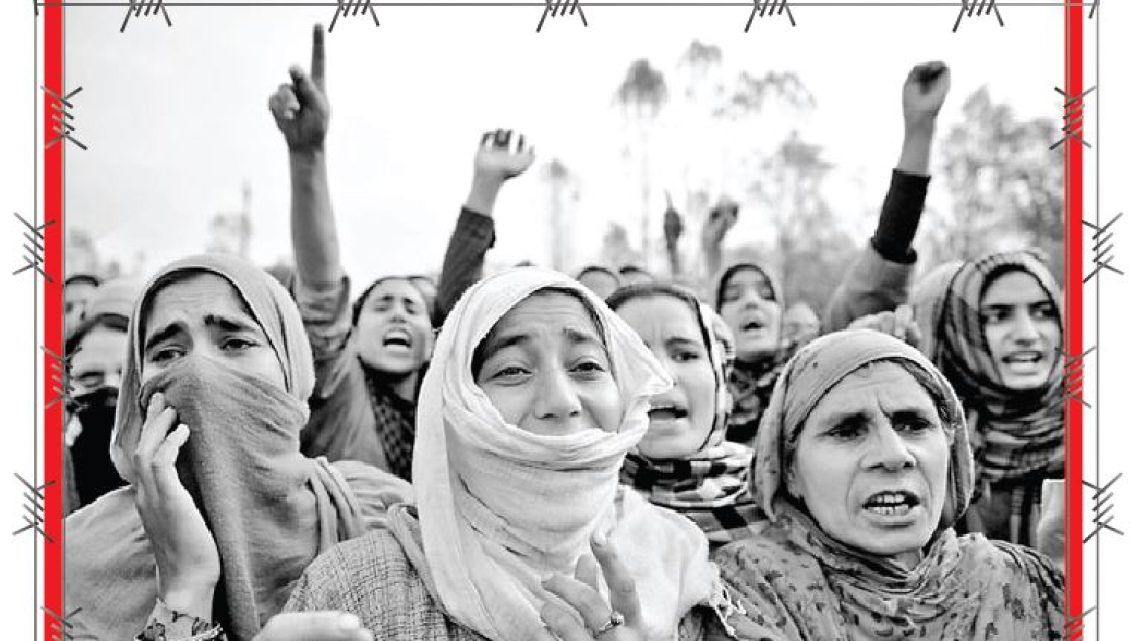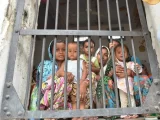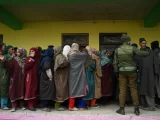
Relentless Sufferings of Kashmiris in IIOJK
May 18, 2024On Friday, Pakistan underscored the ongoing plight of Kashmiri families in Indian Illegally Occupied Jammu and Kashmir (IIOJK), noting that more than 22,000 women have been widowed and 107,000 children orphaned due to the protracted conflict and oppression by Indian forces. Country’s Foreign Office spokesperson Mumtaz Zahra Baloch, speaking at her weekly press briefing, emphasized that the suffering of Kashmiris remains unmitigated due to continuous occupation and repression.
Baloch expressed solidarity with the Kashmiri families who have endured decades of division and hardship under Indian rule. She highlighted the severe impact on women and children, stating, “The estimates of widowed women and orphaned children exceed 22,000 and 107,000 respectively. Thousands of half-widows are awaiting the return of their husbands who have presumably been killed by Indian forces. The plight of the families of the victims of enforced disappearance is equally lamentable.”
The spokesperson’s remarks coincided with the annual International Day of Families, observed on May 15. Baloch attributed the root cause of the Kashmiri families’ suffering to the “ruthless Indian oppression” and urged India to allow Kashmiris to exercise their right to self-determination, as mandated by United Nations Security Council resolutions.
The call for self-determination for Kashmiris is rooted in historical and legal contexts, with numerous UN resolutions supporting the right of the Kashmiri people to determine their own future. However, despite international recognition and numerous diplomatic efforts, the resolution of the Kashmir issue remains elusive.
The statistics provided by Pakistan highlight the humanitarian crisis in the region. The figures—22,000 widowed women and 107,000 orphaned children—are not just numbers but represent the profound personal tragedies experienced by countless families. These families continue to live under conditions of extreme distress, facing daily challenges as a result of the ongoing conflict.
The international community has periodically expressed concern over the human rights situation in Kashmir. However, concrete actions and resolutions have often been hindered by geopolitical dynamics and national interests. The call for heightened international intervention and support for a peaceful resolution to the Kashmir conflict remains a crucial aspect of Pakistan’s diplomatic strategy.
In light of these recent developments and ongoing advocacy, the need for a sustainable and humane resolution to the Kashmir conflict is more pressing than ever. Ensuring the rights and dignity of the Kashmiri people, including their right to self-determination, is essential for achieving lasting peace and stability in the region.

